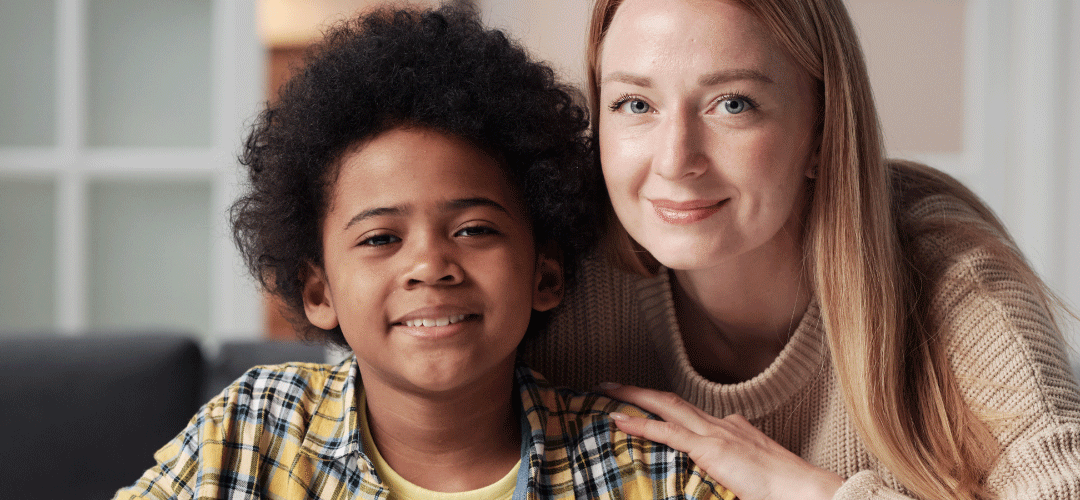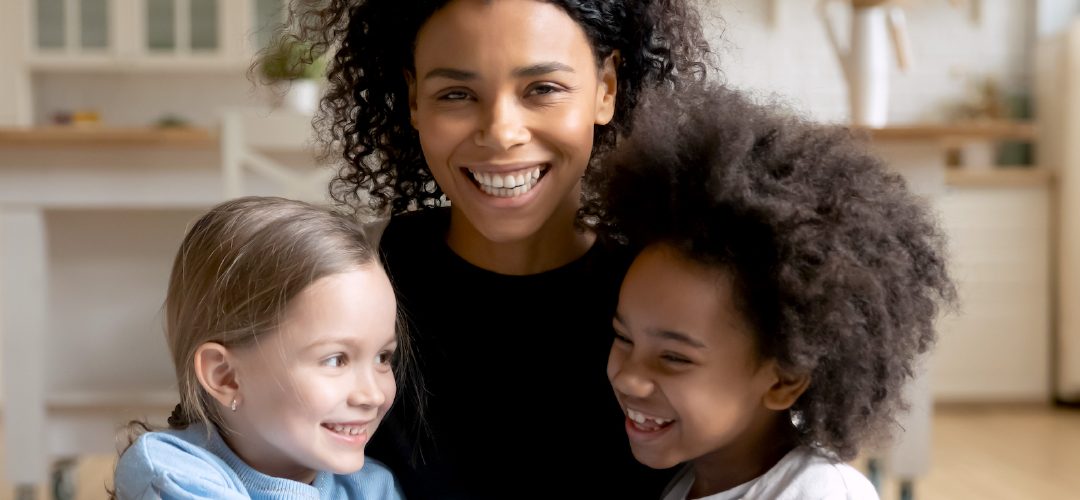Research has shown that doing something good for someone else correlates to feelings of contentment and releases endorphins. It is the same feeling described by people who volunteer in their community or travel across the globe on a mission. People feel good when helping someone else.
When foster families invite children from the foster care system into their homes, they have the opportunity to influence and change a child’s trajectory in life, and watch as it unfolds. One foster parent recently conveyed to our staff how a child they had taken in began to display positive behaviors, which they attributed to the female foster parent. When the child first came to the home, she displayed some inwardly focused tendencies. After about a year, the foster parents noticed a marked increase in times when the child offered to help set the table for dinner, picked up after herself without being asked, and offered words of praise and encouragement to others – behaviors the child had not exhibited until recently. That behavior change is something the foster family takes great pride in, knowing they positively impacted a young person’s life. A best-case scenario is that the child returns home to the biological parent and continues mimicking the positive behaviors that he or she learned while in foster care.
Some people choose to become foster parents as a route to adoption, but be forewarned, there are pros and cons to this approach. The beauty of choosing this path is learning everything about the child and having time to build a connection. This will allow you to make a solid decision when the child is legally free for adoption. This is a benefit that families who go straight into adoption do not have. The drawback for some, is the amount of time it may take for the biological parents’ parental rights to be terminated, if that is the plan for the child. It is not uncommon for this part of the adoption process to take years.
One way to make a profound and lasting mark when allowing a foster child into your home, is taking in a teen. The teen years can be difficult, even more so for those who don’t have a stable environment. But all teens need to learn time-tested lessons about relationships, responsibilities, and thinking ahead to the adult years, and you can help them do so. Serving as a mentor and building what could be a lifelong relationship is how some parents describe this experience. This is also an excellent path for foster parents who want to bypass the “terrible twos”, diapers, and potty training.
Children with medical needs might be categorized as the most vulnerable population in the foster care arena. It takes someone who is compassionate, someone who seeks to give selflessly, to take on this assignment. One foster parent described her experience of caring for a child with special needs as helping her find her purpose. The experience of caring for someone who relied on her to fulfill all of their needs put the world, and what is essential, into perspective. The experience also gave her an appreciation for the challenges the disabled community faces each day.
There are so many benefits to being a foster parent, and it’s a path you won’t walk alone. Pathways Youth & Family Services offers a holistic approach to all who take on the role of foster or adoptive parent. Each family is partnered with a caseworker who will serve as a guide through the fostering or adoption process. If there is a need for individual or family therapy services, Pathways also offers trauma-informed care through Mosaic, its in-house behavioral health program. Raising a child has its share of challenges; offering to care for a child whose family needs time to regroup presents a unique set of challenges. However, one thing is sure, both foster family and foster child can benefit from the experience.




